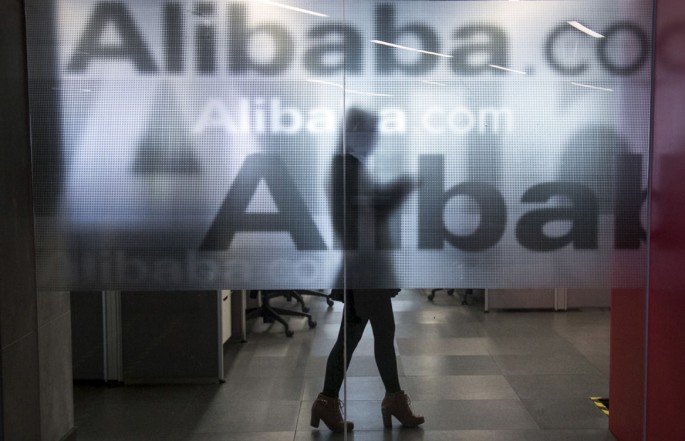Alibaba, the China based e-commerce group of companies, saw its stock prices escalate in its first day of trading after a record breaking U.S. IPO, but it did not bring other China internet stocks with it. Alibaba was up 35%, almost breaking 92 in the afternoon trading. HoweverAlibaba's stocks went up by as much 35% surpassing the 92-mark last September 18. However, when one stock rises, others fall. Weibo's and Baidu's stakes went down suffering from the surge.
Alibaba, the China based e-commerce group of companies, saw its stock prices escalate in its first day of trading after a record breaking U.S. IPO, but it did not bring other China internet stocks with it. Alibaba was up 35%, almost breaking 92 in the afternoon trading. However, Weibo stocks went down a little, near 21.
Weibo is China's version of Twitter that debuted at 17 in its IPO in April, and had a high of 26.08 on September 12, 2014. They have been a sort of "stand-in" for Alibaba on the U.S. markets before Alibaba's IPO last Friday, since Weibo owns 32% of Alibaba's stake, which makes them the second largest shareholder in Alibaba.
Alibaba and Weibo's alliance have been an assault on Tencent Holdings, one of the rivals of Alibaba. Tencent Holdings is China's largest Internet company, and owner of WeChat, the immensely popular messaging application. WeChat is similar to WhatsApp, which Facebook is currently trying to acquire for $19 billion.
In order to push back against Alibaba, Tencent has purchased stakes in Chinese Internet firms like JD.com. Another Alibaba rival, Baidu, saw its stock value go down 1.5% in the afternoon trading. Shares of Yahoo went down more than 2%, while other Chinese companies like the social media platform YY and online media company Sina both went down a fraction. Mobile app store operator Sky-mobi was down 6%.
Alibaba is soaring and its success is evident as seen in the record breaking U.S. IPO, but a lot of stocks and companies has been affected by this. This makes Jack Ma the richest man in China, with his stocks in Alibaba worth a cool $19 billion dollars. He is not stopping here though; he still has a dream and has said that he "hopes that in the next 15 years, the company could be like Microsoft or Walmart."
Weibo is China's version of Twitter that debuted at 17 in its IPO in April, and had a high of 26.08 on September 12, 2014. They have been a sort of "stand-in" for Alibaba on the U.S. markets before Alibaba's IPO last Friday, since Weibo owns 32% of Alibaba's stake, which makes them the second largest shareholder in Alibaba.
Alibaba and Weibo's alliance have been an assault on Tencent Holdings, one of the rivals of Alibaba. Tencent Holdings is China's largest Internet company, and owner of WeChat, the immensely popular messaging application. WeChat is similar to WhatsApp, which Facebook is currently trying to acquire for $19 billion.
In order to push back against Alibaba, Tencent has purchased stakes in Chinese Internet firms like JD.com. Another Alibaba rival, Baidu, saw its stock value go down 1.5% in the afternoon trading. Shares of Yahoo went down more than 2%, while other Chinese companies like the social media platform YY and online media company Sina both went down a fraction. Mobile app store operator Sky-mobi was down 6%.
Alibaba is soaring and its success is evident as seen in the record breaking U.S. IPO, but a lot of stocks and companies has been affected by this. This makes Jack Ma the richest man in China, with his stocks in Alibaba worth a cool $19 billion dollars. He is not stopping here though; he still has a dream and has said that he "hopes that in the next 15 years, the company could be like Microsoft or Walmart."



























